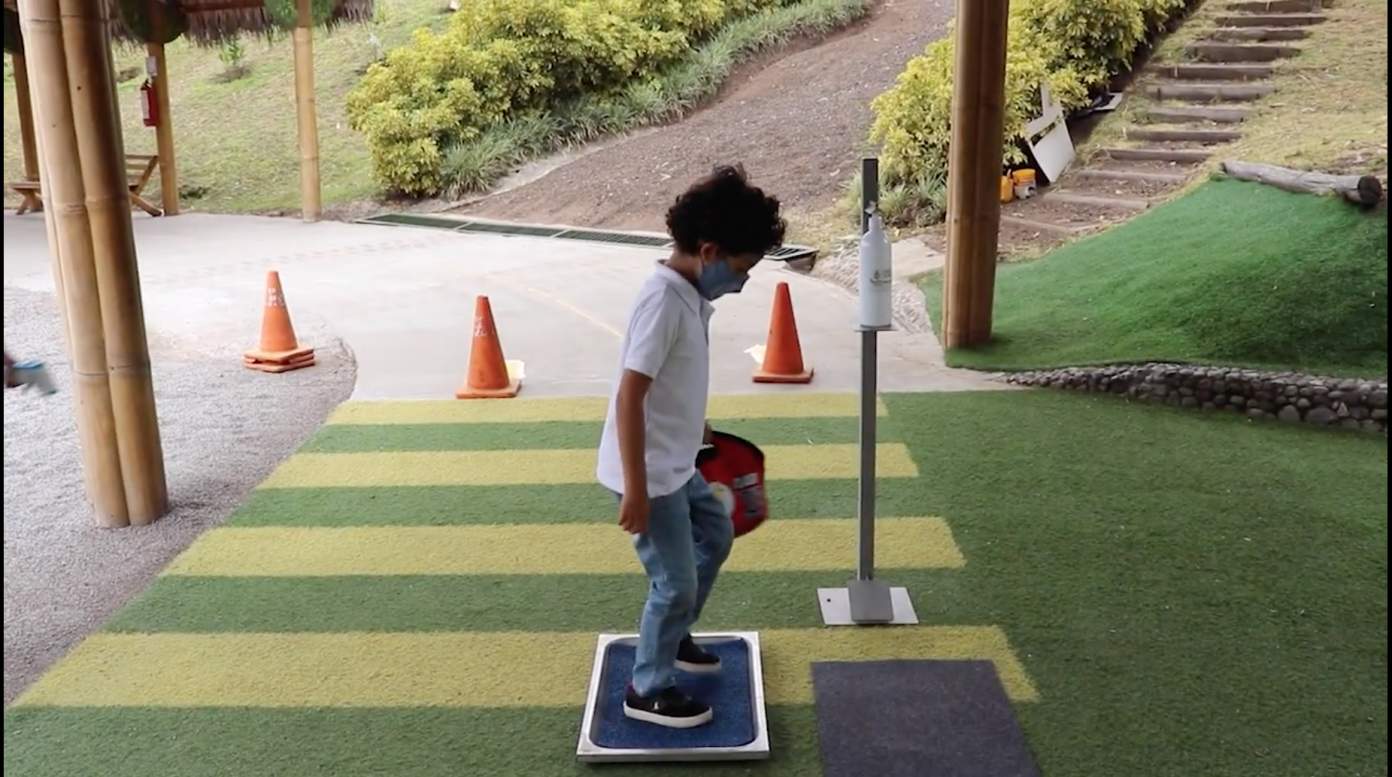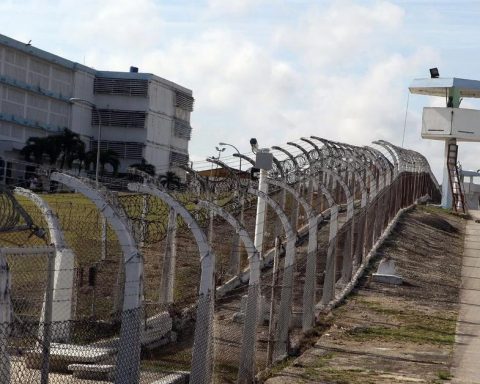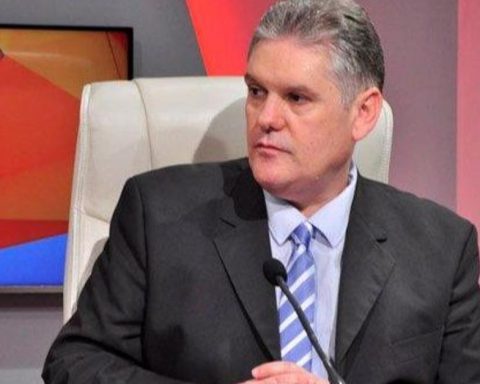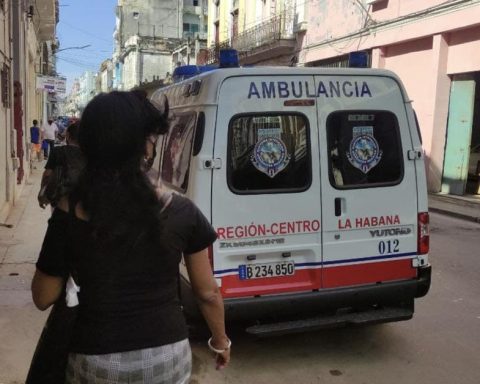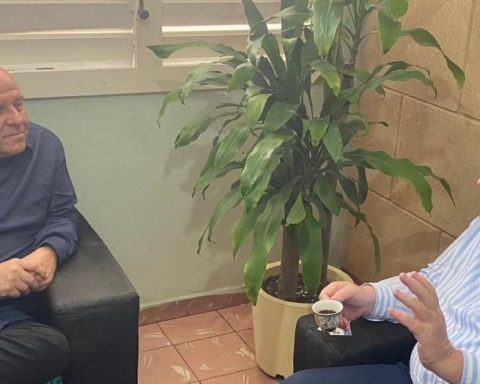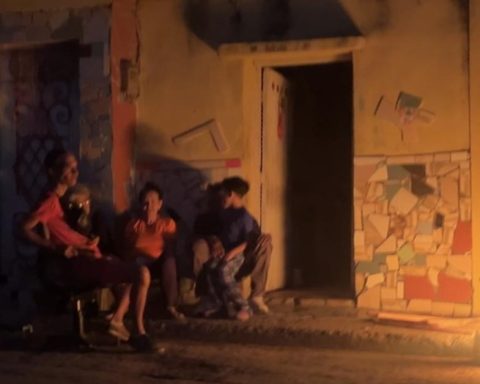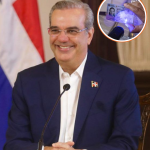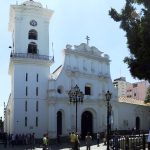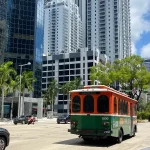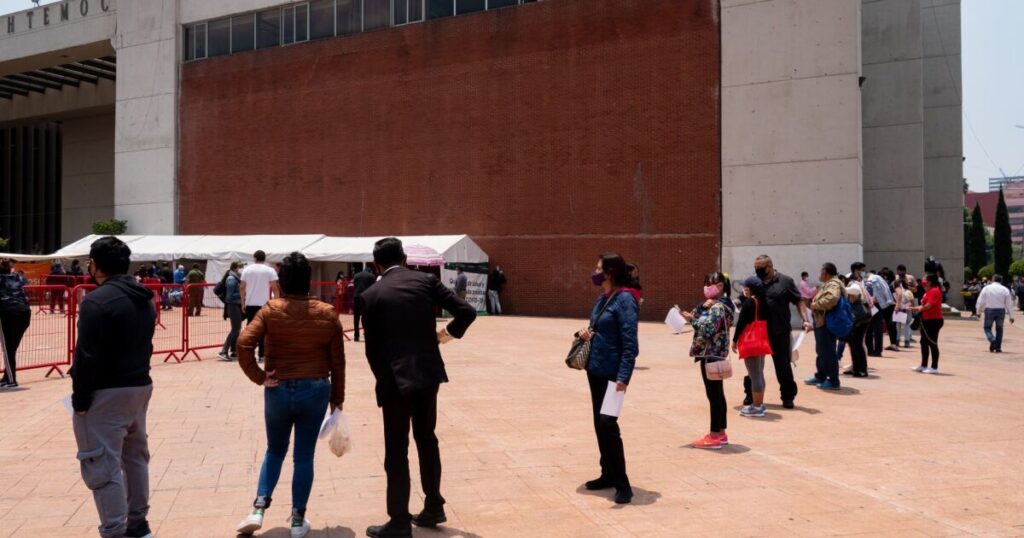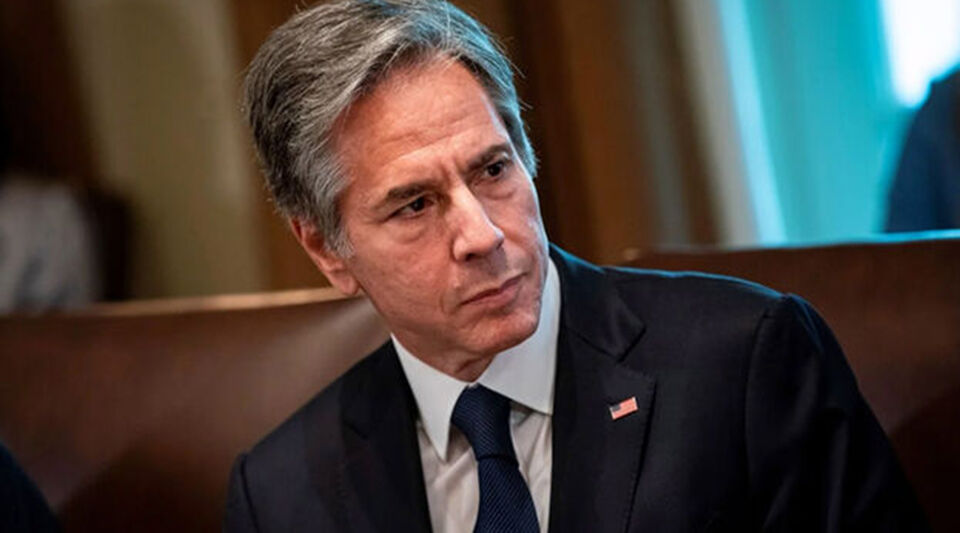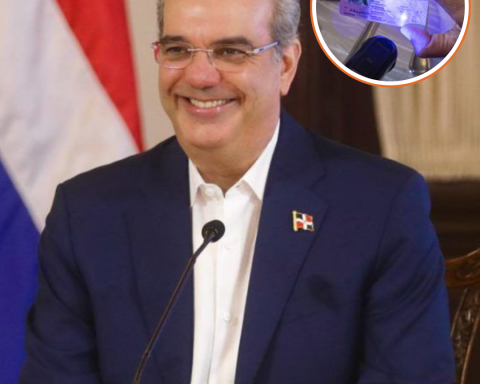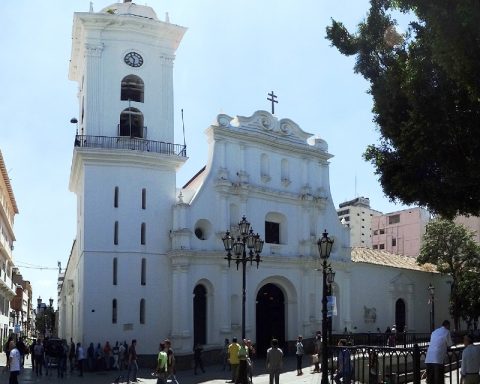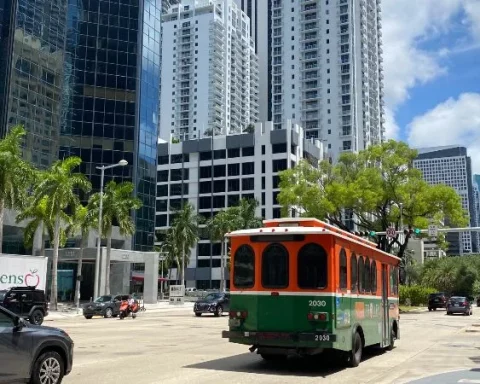For this requirement it is necessary to have a consensus with the parents. If there is an obligation, it can be reported.
Daniel Ortiz is 15 years old and will return to classes on January 10, 2022. His school is part of the Federation of Private Education Establishments that requested to return to virtuality, the first week of January, as a preventive measure against the coronavirus. The progressive return to classes, however, cannot be suspended unless the National COE so determines.
But in addition, Ortiz’s parents were informed that the young man had to present a PCR test or antigens, made 72 hours before entering classes. “There are 22 of us in the classroom and they all said they agree, they recommended a laboratory but we can get somewhere else if we want,” he says.
Is this requirement legal?
María Brown, Minister of Education, spoke with LA HORA about what educational institutions can and cannot do.
In the case of schools and private schools highlighted that they have “a higher degree of autonomy”And that it is not prohibited to request or perform a diagnostic test on students and parents, as long as the decision has been made by consensus. “These are bilateral agreements between the educational institutions and the families”.
They should not notify
Brown explained that private establishments – if they have the PCR requirement – they do not need to notify the Ministry. “Because it is an issue that is linked to the health status of the students. It is as if an educational institution coordinates a dental health conference (…) it is not regulated or regulated so that it can be carried out ”.
What the Ministry of Education verifies in private education spaces is that biosafety protocols are complied with.
However, Brown indicated that a PCR test should be done when there is suspicion of having been in contact with a positive patient or showing symptoms. “That should be the criterion above all, when globally there is a lack of supply of these tests, due to the increase in cases ”.
The obligation is denounced
But in the event that private, fiscal or other institutions request this requirement in a mandatory way, without the parents agreeing, they can be reported as an undue charge to 1800-education or through digital channels.
“It would be considered a type of discrimination to establish these access barriers,” Brown added.
It is not a preventive measure
The health doctor, Estaban Ortiz, indicated on his Twitter account (@EstebanOrtizMD) that the measure is cost effective. “The PCR is a photo of the day the sample was taken, hours later you could become infected or you could become positive, even worse with 72 hours of validity,” he stressed.
Ortiz stressed that it is best to do a daily survey of parents and closely monitor the appearance of symptoms or signs, cut transmission quickly in suspected cases. “All those families that report a member with COVID-19 should be evaluated in greater depth in order to reduce the risk of contagion (…) parents are extremely responsible in do not send sick children to school “ (AVV)
Report overcharging in PCR tests
The Agency for Quality Assurance of Health Services (Acess) issued a statement on the prices of PCR tests.
The maximum price of these diagnostic tests is $ 45.08 nationwide, in private establishments. While in the Ministry of Health they are done for free.
In the event that there is a center that violates the regulations, the Agency detailed that citizens can submit their complaint or complaint to: [email protected].
The schedule of face-to-face return to classrooms is maintained.
Since the progressive return to the classroom (June 2021), in the educational community there have been no outbreaks of coronavirus.
Vaccination
Educational community in Ecuador
- 79.20% of the four million students in the country have the two doses of the vaccine against COVID-19.
- 85.61% have a dose.
- 85.25% of children between 12 and 17 years old already have their first dose. 70%, the second dose.
- 72.77% of children between five and 12 years old have the first dose. 51.79% the two doses.
- 93.5% of teachers have both doses and until the second week of January they will complete the third.
Source: Ministry of Education- Ministry of Health, cut to January 4, 2022.
“There is no specific provision on whether or not they can do PCR. They are consensual decisions between the educational institution and the family “, Marìa Brown, Minister of Education.
